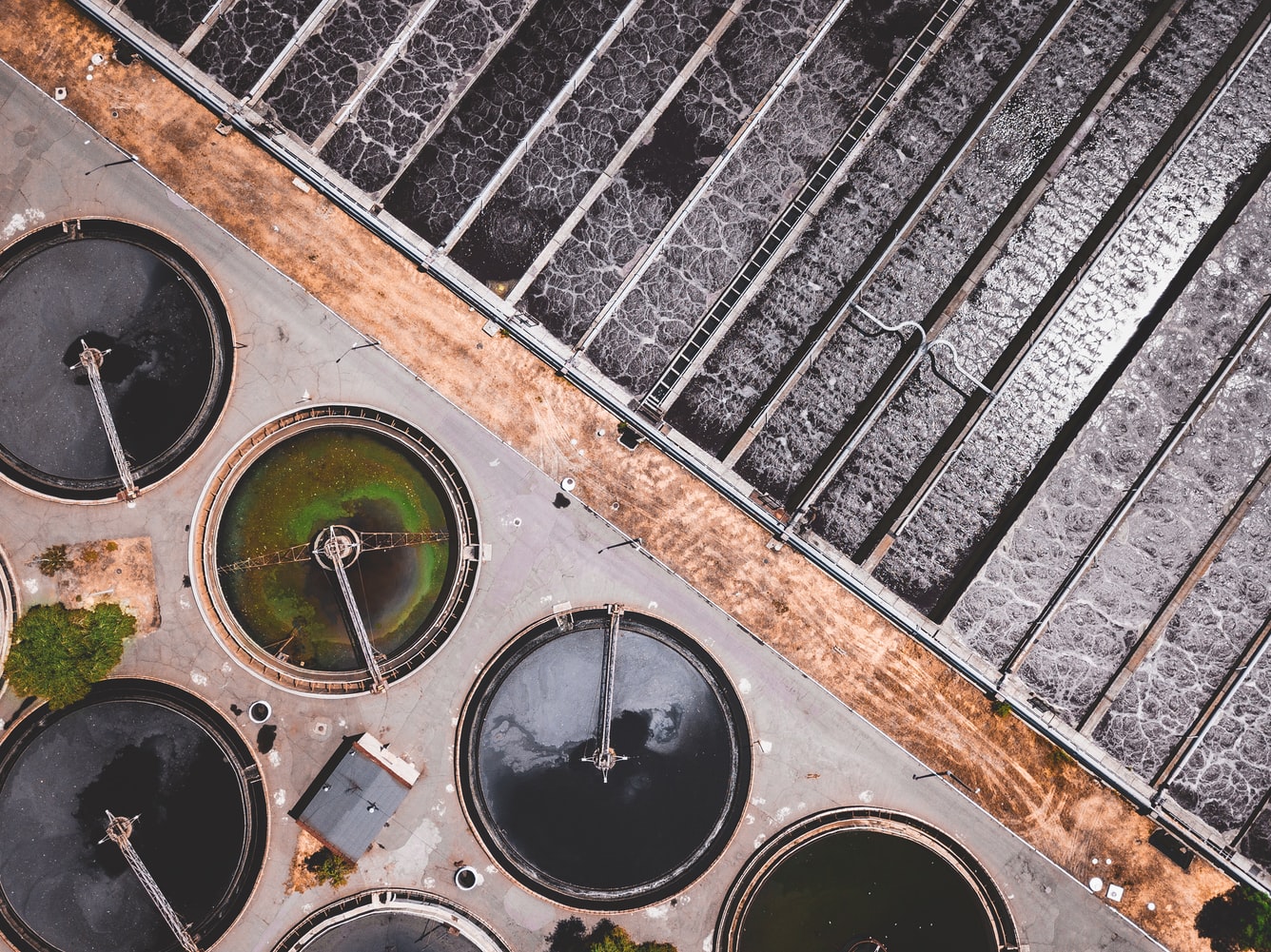Chemical waste management facilities take in hazardous wastes needing to be stored, treated, and disposed of. The facilities which handle these types of chemical wastes are known as wastewater treatment plants or WWTP.
A WWTP is a heavily contaminated, nutrient-rich environment which takes in wastes from:
– Agricultural sites
– Hospitals
– Industrial sites
– Laboratories
These facilities are all significant points of sources for AMRDs as well as antimicrobials. Theses wastes can be contaminated from a number of pollutants, including:
– Pharmaceuticals
– Personal care products
– Heavy metals
– Antimicrobial agents
Industrial companies, hospitals, laboratories, and other facilities can generate non-hazardous and hazardous wastewater. Chemical waste management and the treatment of this wastewater are key components to keeping your facility profitable in its operational costs. You need a cost-effective company with chemical waste management policies and meets all local and federal standards. You also want a facility handling your chemical waste to be an environmentally-friendly manner. Environmental Marketing Services is your solution to chemical waste management.
Technology Involved with Chemical Waste Management of Wastewater
The technology involved with chemical waste management of wastewaters is quickly evolving. Your local and federal governments strictly regulate the management of the wastewaters. Due to these strict rules, it is strongly suggested you use a disposal firm with published regulations and rules from the RCRA (Resource Conservation and Recovery Act.) You will also want to see that they have published regulations from EPA (Environmental Protection Agency) as well as all state and local codes.
The EPA defines wastewater as a combination of liquid and water-carried waste from residences, hospitals, commercial buildings, laboratories, institutions, and industrial plants. Domestic wastewater is that originating from sanitary and human usage, commonly coming from homes. Other wastewater comes from industrial facilities which have waters containing hazardous chemicals.
In industrial and municipal laboratories, there needs to be a means of measuring the overall organic contamination level in their wastewaters. To determine the contamination level, it is necessary to measure the equivalent amounts of oxygen needed to oxidize organic matter. COD vials can be used to determine the amount of waste in your water.
COD Vials- To gauge how much organic matter is in a sample, a COD vial is used to make the determination. If the waste is high in the organic matter, it will be required to be treated in order to reduce the amount of organic waste going into the receiving waters. When it still contains significant amounts of colloidal and dissolved material, the physical treatment of wastewater must have these materials removed before it can be discharged. Water treatment methods are one of four basic processes.
These processes include:
– Water purification
– Boiler water treatment
– Cooling water treatment
– Treatment of wastewater effluent
The chemical waste management to treat these waters involves removing algae, minerals, fungi, viruses, suspended solids, and bacteria. These processes involve both chemical and physical methods.
The most common chemicals used for this chemical waste management include:
– Sodium bicarbonate
– Soda ash
– Algicide
– Chlorine dioxide
– Chlorine
– Muriatic acid
The chemical waste management of using these products is to expedite the disinfection of the wastewater. These are referred to as chemical unit processes that are used with physical and biological cleaning processes and enable the wastewater to achieve the various water standards required.
The use of specialized chemicals, such as sodium chlorite, bleach, and hydrogen peroxide, allows the wastewater to be sanitized and aids in the purification of wastewater in the treatment facility.
When cleaning the wastewater, numerous chemical unit processes can be applied, including:
– Chemical precipitation
– Advanced oxidation
– Ion exchange
– Chemical stabilization
– Chemical coagulation
– Chemical Oxidation
– Chemical neutralization
One of the most popular reagents used for wastewater treatment in facilities is the Nessler’s Reagent. This reagent is an aqueous solution of potassium hydroxide, potassium iodide, and mercuric chloride. The solution is used to test for any ammonia in the wastewater.
How is Mercury Handled in Chemical Waste Management of Wastewaters?
Liquid mercury can show up in wastewater treatment plants. This material is commonly located inside gauges found in manometers or in vacuum gauges. Mercury will respond to air pressure in a specific manner to be calibrated on a scale. Items such as barometers and thermometers are no longer being made with mercury, but there are still units out there being used. Wastewater treatment plants typically stay away from devices containing mercury, but there still may be some that appear on site.
Universal waste also shows up at wastewater treatment facilities, but these items can be recycled. The typical universal waste you may find appearing at a WWTP includes batteries, electronic waste, or bulbs. Other materials that can mistakenly show up include lab-packs. These are an accumulation of different chemicals that have been re-packaged in an approved disposal container. The containers you will typically find lab-packs are constructed of fiber or steel and are 55 gallons large.
Chemical Waste Management and the Benefits of Wastewater Treatment
Water shortages are plaguing our world, and clean water has become a significant threat facing our society. Wastewater treatment plants present a long-term and short-term solution to our water scarcity. By treating our polluted and contaminated waters, we ensure having clean, pure waters available with proper chemical waste management.
Environmental Marketing Services is your answer to properly, safely, and legally handling your chemical waste management. We invite you to use our ninety years of experience and knowledge in chemical waste management to solve all your waste disposal and recycling needs.



